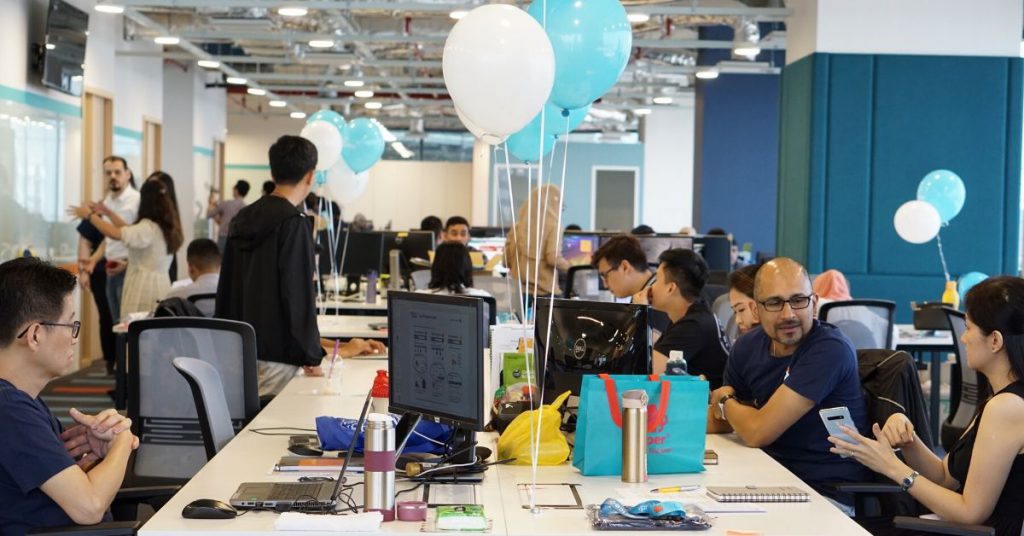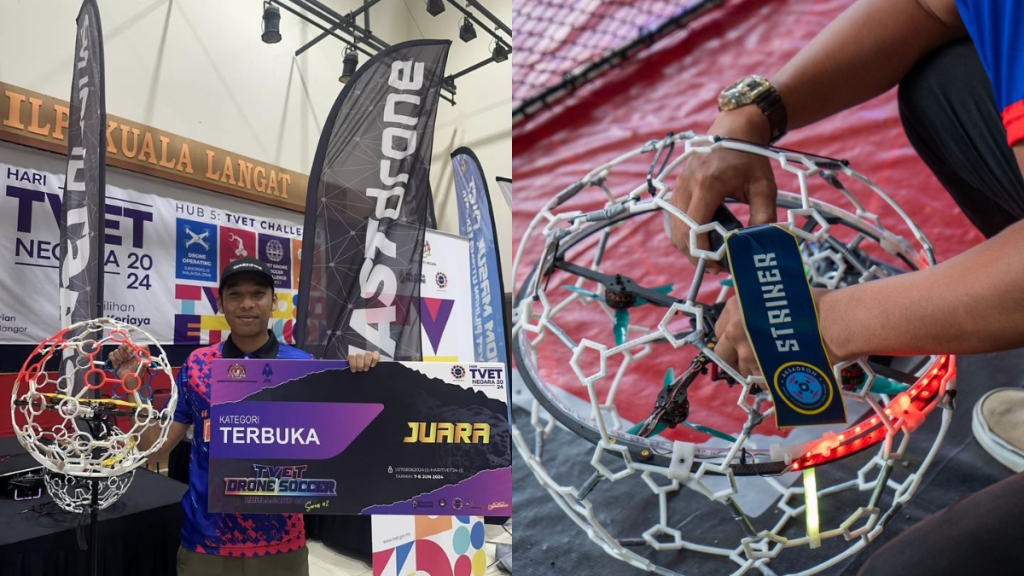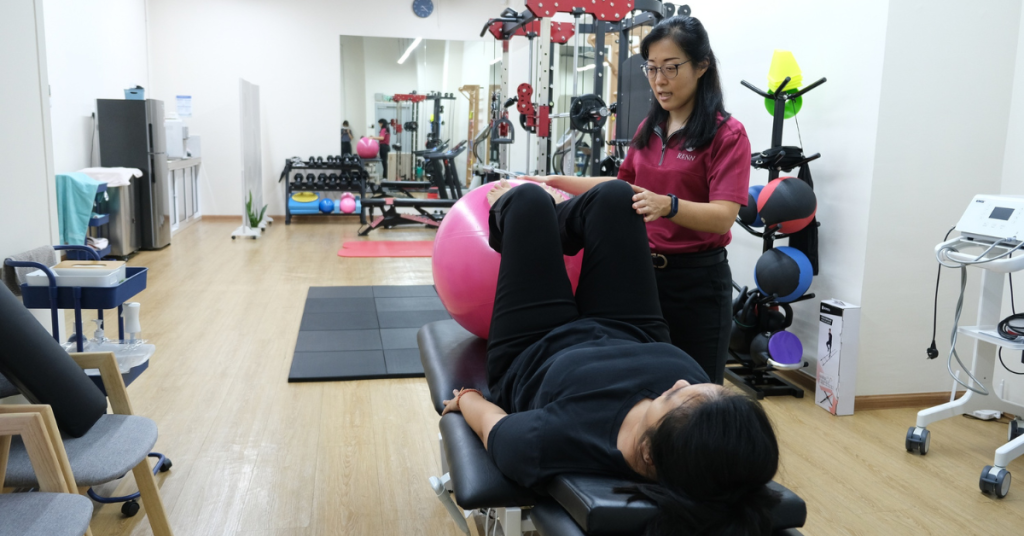If you’ve shopped online, you must have come across iPrice at least once, or perhaps you use it all the time to get the best bang for your buck.
iPrice is an e-commerce aggregator platform that allows you to compare prices of products under various categories like electronics, fashion, sports, and even home living across different sites.
It has a presence in 7 countries: Malaysia, Singapore, Indonesia, Vietnam, Thailand, Philippines, and Hong Kong—and all of its operations are run from under one roof in their Malaysian headquarters.
This helps the group keep its goals and objectives aligned, especially since under that one roof they have a melting pot of 29 different nationalities across their 205 staff.
Vulcan Post spoke to iPrice’s Head of People Operations, Beth Samuel to learn more about how iPrice keeps up their operational efficiency.
Change Is Necessary
Today, iPrice has about 1.5 billion products available from over 1,500 merchant partners, making it the leading e-commerce aggregator in Southeast Asia, specifically in the 7 countries mentioned earlier.
In 2019, they had 5 million transactions made on their platform, and got an average of about 20 million monthly visitors.
The team is predicting that iPrice’s upward trajectory is likely to continue, according to Google and Temasek’s prediction that Southeast Asian e-commerce will be a US$150 billion GMV industry by 2025.
In preparation for that, the company has made necessary internal changes.
Beth shared that earlier this year, iPrice adopted the agile way of working where they plan their tasks in 2-week sprints and ensure that there’s continuous feedback to speed up the delivery of tasks.

This shorter feedback loop has allowed the team to make changes earlier in the development of work, and they’re able to adapt to changes faster than usual.
“One of the many key values in the agile working model that has helped us be more organised and work more effectively is putting more value into people or individuals over tools or processes. It’s the people who understand the business needs; they are the ones that drive success,” Beth said.
Viewing Differences As Strengths
But people can be complex, and misunderstandings are bound to happen (and one would assume even more so amongst people of different nationalities and cultures).
This is where the leaders and people operations team at iPrice play an active role in bridging the gap when misunderstandings happen.
“As part of being in an agile workplace, we prioritise face-to-face communications over emails and calls, and the simple act of speaking to each other in person helps in bridging the culture differences,” Beth shared.
Besides face-to-face communication, some other agile values the iPrice team holds near and dear are: embracing change, simplicity, self-organising teams, regular reflection, and adjustment.
Reasonable compromises within the company also help the team embrace differences amongst each other, while also recognising these differences as strengths.
“We often encourage our leaders to adapt themselves to the team (within reason) and meet the team where they are, and to find ways to leverage on each other’s strengths and styles,” Beth said.
One example of the differences amongst the team is their age diversity. According to Beth, between their youngest and oldest employee, they easily have an age difference of about 35 years.
And there’s no secret sauce to navigating these differences either, as age plays no factor in how people at iPrice are treated.
Growing Externally & Internally
“The most important thing is hiring someone with a good attitude,” Beth said. So, speaking of attitude, we asked what she would look out for in an individual when hiring for iPrice.
“If I had to choose 3 characteristics, it would be having self-drive, a willingness to learn, and the ability to be a team player,” she shared.
Just last week, iPrice announced that they had raised US$10 million in a Series B round led by ACA Investments Pte Ltd, with participation by Daiwa PI Partners, and returning investors LINE Ventures, Mirae Asset-Naver Asia Growth Fund.
With this funding, they aim to grow to 300 employees in the next year as well as enrich the e-commerce experience through their platform and external partners.

Isabelle Romualdez, iPrice’s Content Marketing Executive, explained how they plan to do the latter.
“In Southeast Asia today, consumers access the internet through several various ecosystems. We have online media, social media apps, corporate apps, ride-hailing apps, E-wallets, and so on. Accessing the internet through a browser is just one of the many ways to look for something.”
Hence, iPrice is on a mission to enable those ecosystems with e-commerce.
“We enable our partners across the region, such as media platforms like Rappler and VNExpress, social media apps, and all emerging super apps like LINE, Home Credit, and ViSENZE, to provide e-commerce content to their audience,” Isabelle added.
Currently, the main iPrice business unit accounting for 50% of revenues is operating at a 30% EBITDA (earnings before interest, taxes, depreciation, and amortization) margin.
Within the next 2-3 years, it is in their pipeline to turn other parts of the business into the same level of profitability.
- You can read more about what we’ve written on iPrice here.
Featured Image Credit: iPrice















